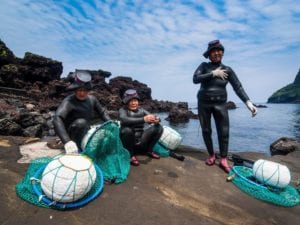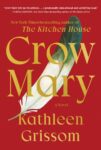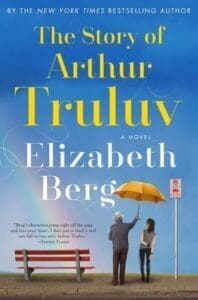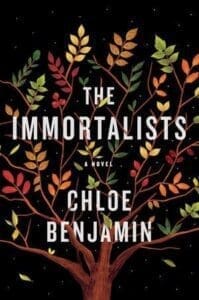White Chrysanthemum by Mary Lynn Bracht – 320 pages
Book Blurb:
Korea, 1943. Hana has lived her entire life under Japanese occupation. As a haenyeo, a female diver of the sea, she enjoys an independence that few other Koreans can still claim. Until the day Hana saves her younger sister from a Japanese soldier and is herself captured and transported to Manchuria. There she is forced to become a “comfort woman” in a Japanese military brothel. But haenyeo are women of power and strength. She will find her way home.
South Korea, 2011. Emi has spent more than sixty years trying to forget the sacrifice her sister made, but she must confront the past to discover peace. Seeing the healing of her children and her country, can Emi move beyond the legacy of war to find forgiveness?
My Review: 4.5 stars
White Chrysanthemum is a difficult book to say I loved, because the events that this book covers are heart wrenching. I even feel weird saying that I enjoyed it, because who can enjoy reading a novel that’s core revolves around a horrible event that was filled with rape, kidnapping & abuse? This novel unearths the parts of human history that aren’t covered in your typical high school textbook. That being said, I would highly recommend White Chrysanthemum, although it may not be the book for everyone. It’s a touching story of two sisters’ pain and sorrow that they lived through and forever carried with them.
Bracht’s writing is visual; the story truly comes to life in your head with a scenic sensibility. The descriptions of Hana and Emi’s role as haenyeo are beautiful. I didn’t know anything about the free-diving ladies of Jeju Island in Korea, and was surprised that this tradition continued under the changing of regimes. In researching haenyo after I completed the novel, Smithsonian magazine states that about 80% of the remaining haenyeo are over sixty years old. There are now about 4,600 haenyeo compared to 26,000 in 1960.
The book is broken into two POVs, each belonging to one of the sisters. The chapters belonging to Hana were hard to read. The brutal force she experienced as a “comfort woman” in Manchuria was heartbreaking. The graphic and disturbing descriptions of the abuse, both emotional and sexual, are difficult to get through, but it gives the character extraordinary depth. Although Emi wasn’t a comfort woman, her chapters dealt with the guilt of being ‘saved’, the pain of a family torn apart and living a life under the brutal control of the Japanese. Emi has her own demons to deal with as her life was never really her own as she searched for her sister.
This book was extremely well researched, with no small detail going unnoticed. As a history buff, this gave the story an extra layer of authenticity that made it come alive. I highly recommend White Chrysanthemum, but with reservations if you have any problems reading scenes of rape, murder, beating and kidnapping. This is one of those books that is hard to stop once you start, so the warning of the abuse is worth noting.
This is one heck of a novel for a debut and I look forward to what’s next from Bracht. I’ve attached a photo, also from Smithsonian magazine, of current day haenyeo. 

















